5 Clues Your Body’s Dropping Hints for More Collagen

Forget the Obvious. Let’s Talk About What You Don’t Know.
While most people think "fine lines" and "saggy skin" are the only signs of low collagen, your body has a much sneakier way of waving red flags.
And guess what? By the time you're actually seeing wrinkles, your collagen levels have already been dropping for years.
Here are 5 less-talked-about ways your body might be saying:
Hey... a collagen powder supplement wouldn’t hurt.
1. Your Wounds Take Longer to Heal (Even Small Ones)
Ever notice a paper cut or zit mark sticking around longer than usual?
Collagen plays a direct role in all three stages of wound healing; from forming new tissue to strengthening the skin barrier. Researchers found that collagen peptides promote fibroblast migration (aka your skin’s “builders”), accelerating repair.
So, no, you’re not just being impatient.
👉 For the Geeks👩🏼🔬👨🏼🔬: LINK
2. Loss of Skin Firmness Beyond the Face
If your inner arms, neck, or even knees start feeling thin, papery, or dry, no matter how much lotion you use… it's likely collagen loss creeping in.
That’s because Type I and Type III collagen are what give your skin that firm, elastic snap. Without enough, the skin gets fragile; and not just where you expect.
Marine collagen is especially rich in those types. It’s why many people mix it into their morning coffee, smoothies, or even hot cocoa (enter… chocolate collagen peptides 👀).
3. Your Gums Are Receding, But You’re Doing Everything “Right”
Brushing. Flossing. Regular dentist visits. But your gums? Still quietly receding.
Our gums and periodontal ligaments are made up of… collagen! When levels drop, tissue regeneration slows down, and your gum line can begin to recede.
Who knew collagen for skin health also benefits your smile?
4. Your Sleep Is Off—And Not Just Because of Stress
This one’s a curveball. But stick with us.
Glycine, one of the main amino acids in collagen, has been shown to improve sleep quality and reduce fatigue the next day. A randomized study found that participants who took glycine before bed fell asleep faster and experienced deeper sleep.
👉 For the visual learners: LINK
So if you’re restless at night and tired all day, maybe the missing link isn’t melatonin. Maybe it’s collagen.
Take this as a sign to try mixing a collagen sachet into warm tea before bed.
5. You’re Suddenly Sensitive to Foods You Used to Love
Bloating after bread? Weird reactions to eggs? Welcome to the “gut permeability” club.
As your collagen stores shrink, so does your gut lining’s ability to stay sealed and strong. That means undigested particles sneak through inflammation, and your immune system starts freaking out over foods that used to be chill. This aligns with the fact that collagen is a fundamental building block of the gut lining.
So What Can You Actually Do About It?
Your body slows down collagen production by about 1% per year after your 20s. And by the time you’re in your 30s or 40s? You’ve lost a third or more of your natural supply.
But here's the good news: your body can start rebuilding; when you feed it the right kind of collagen, in a form it actually absorbs.
Marine collagen (especially hydrolyzed) has the smallest particle size, meaning higher absorption, faster results, and visible skin, joint, gut, and even mood benefits. And if it's chocolate flavored or comes in a berry shot? All the better.
We won't name names, but let’s just say: choose a formula that’s clean, effective, and actually enjoyable to take every day.

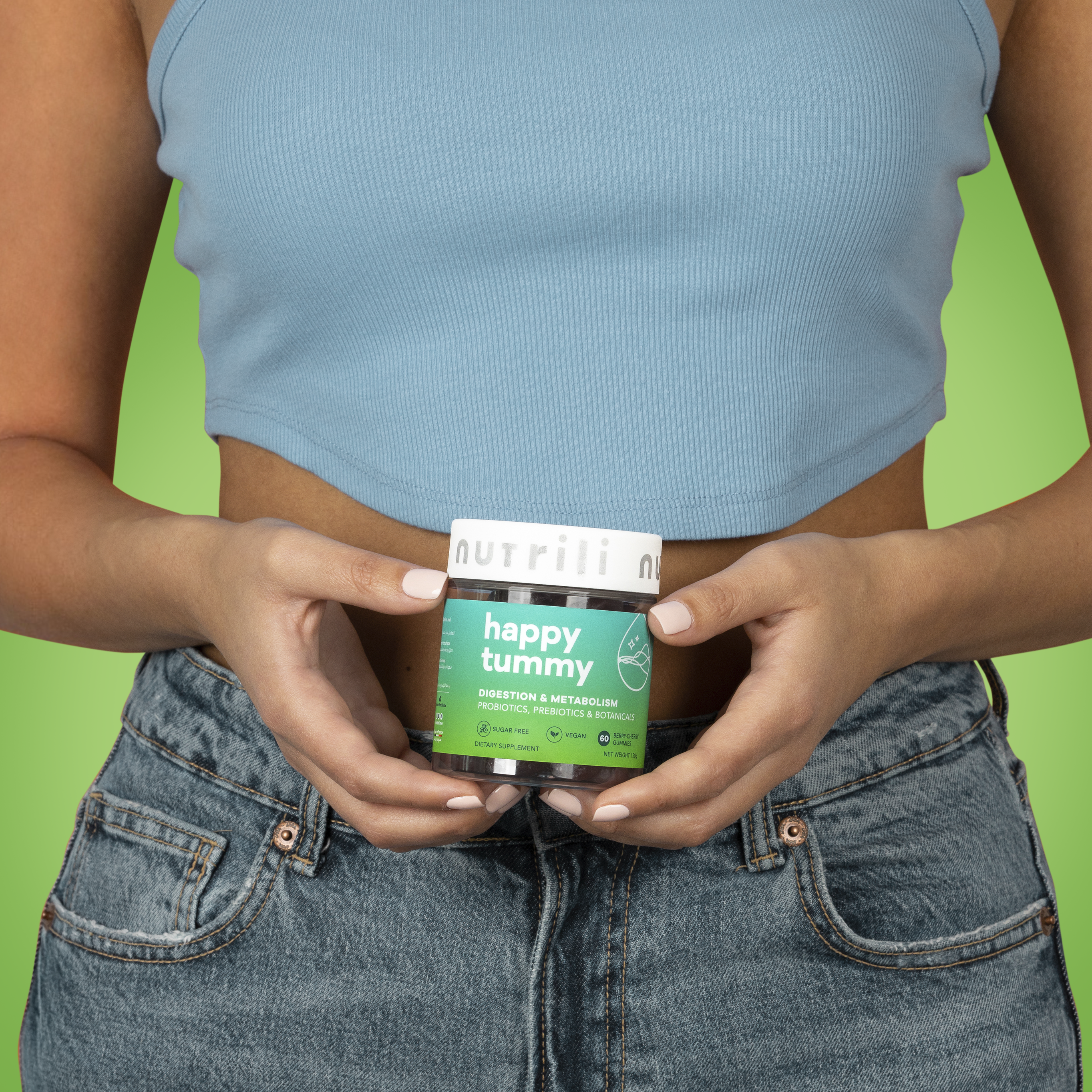











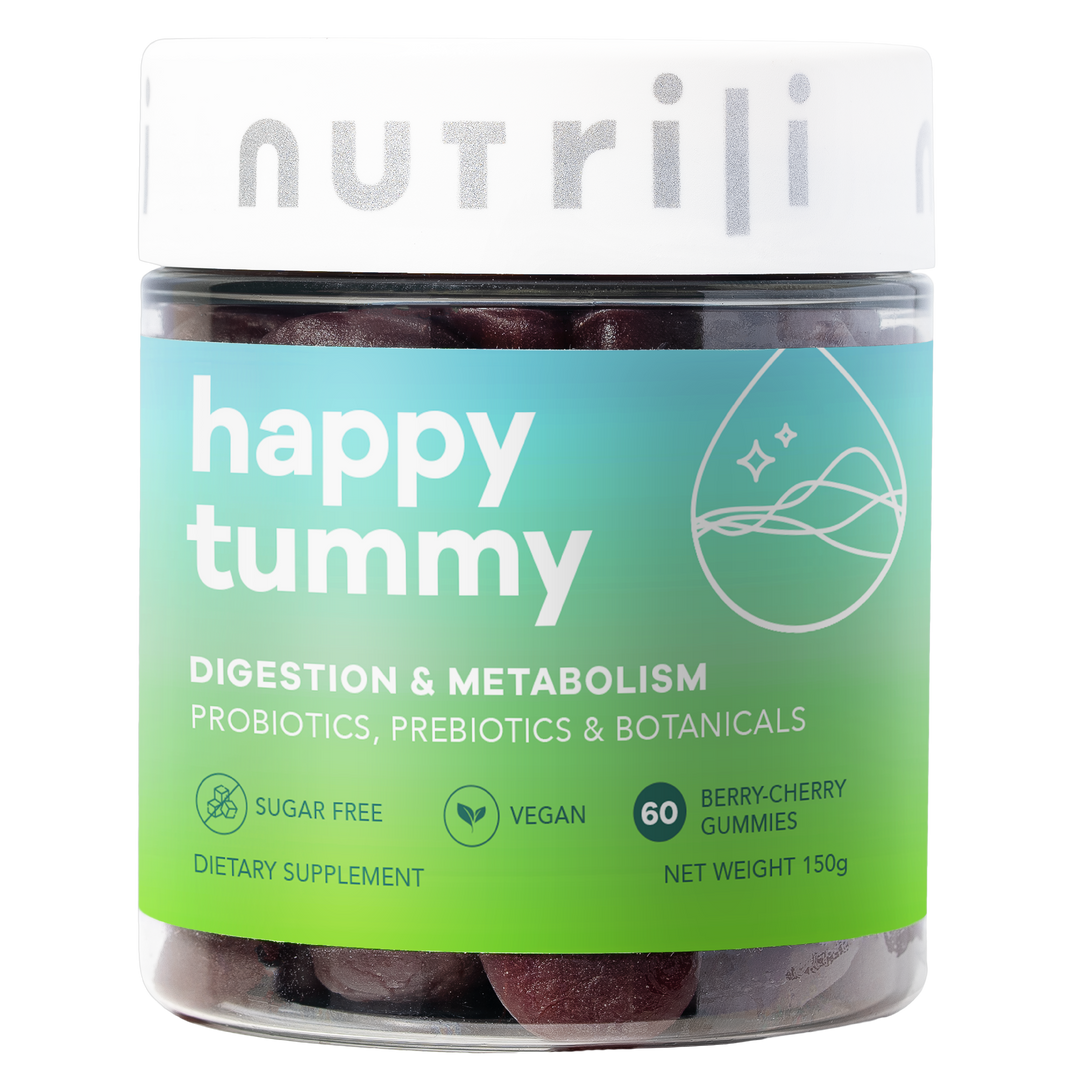
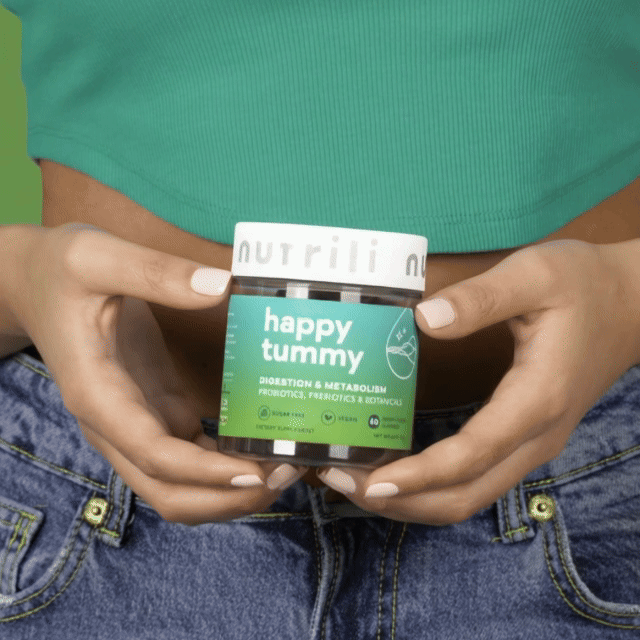


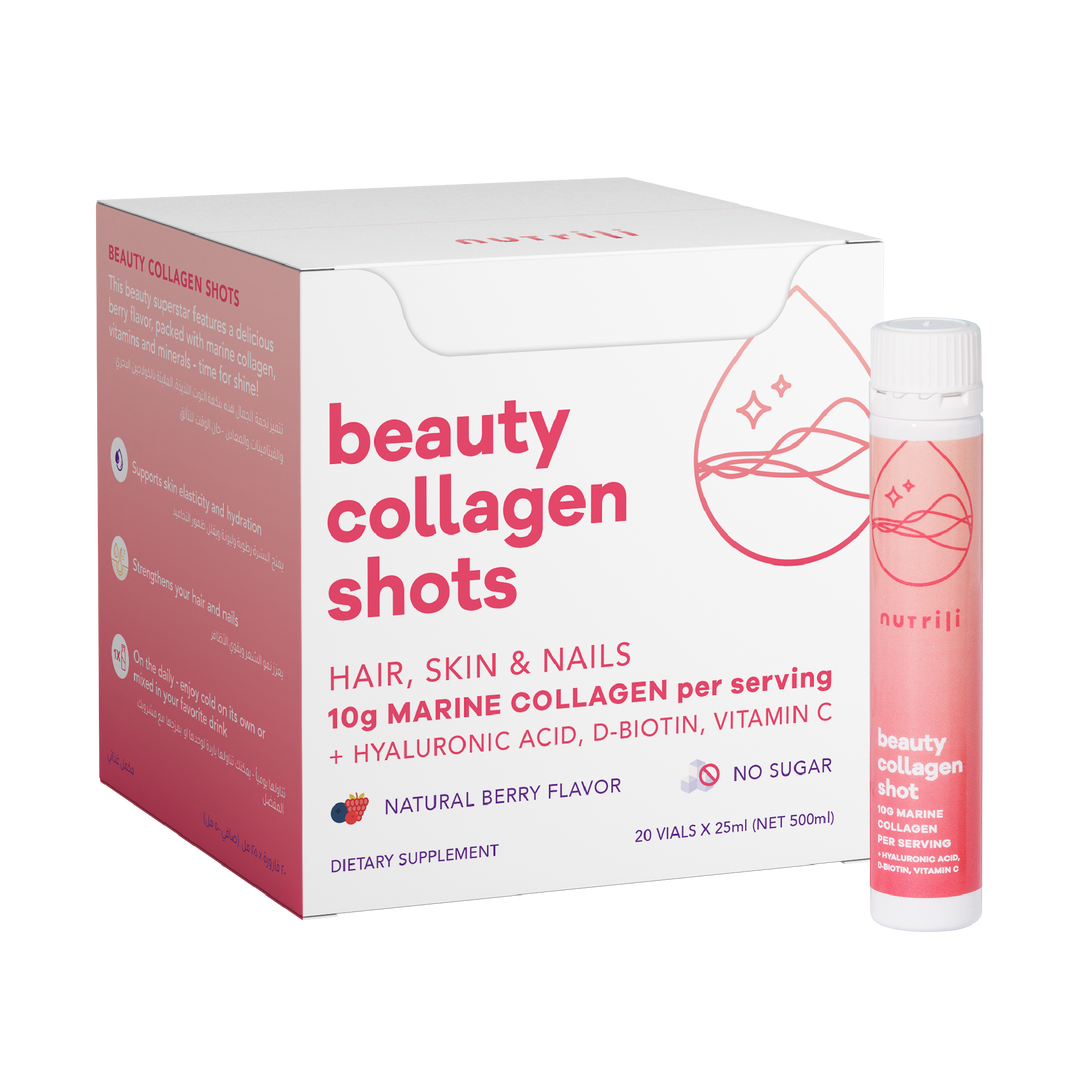

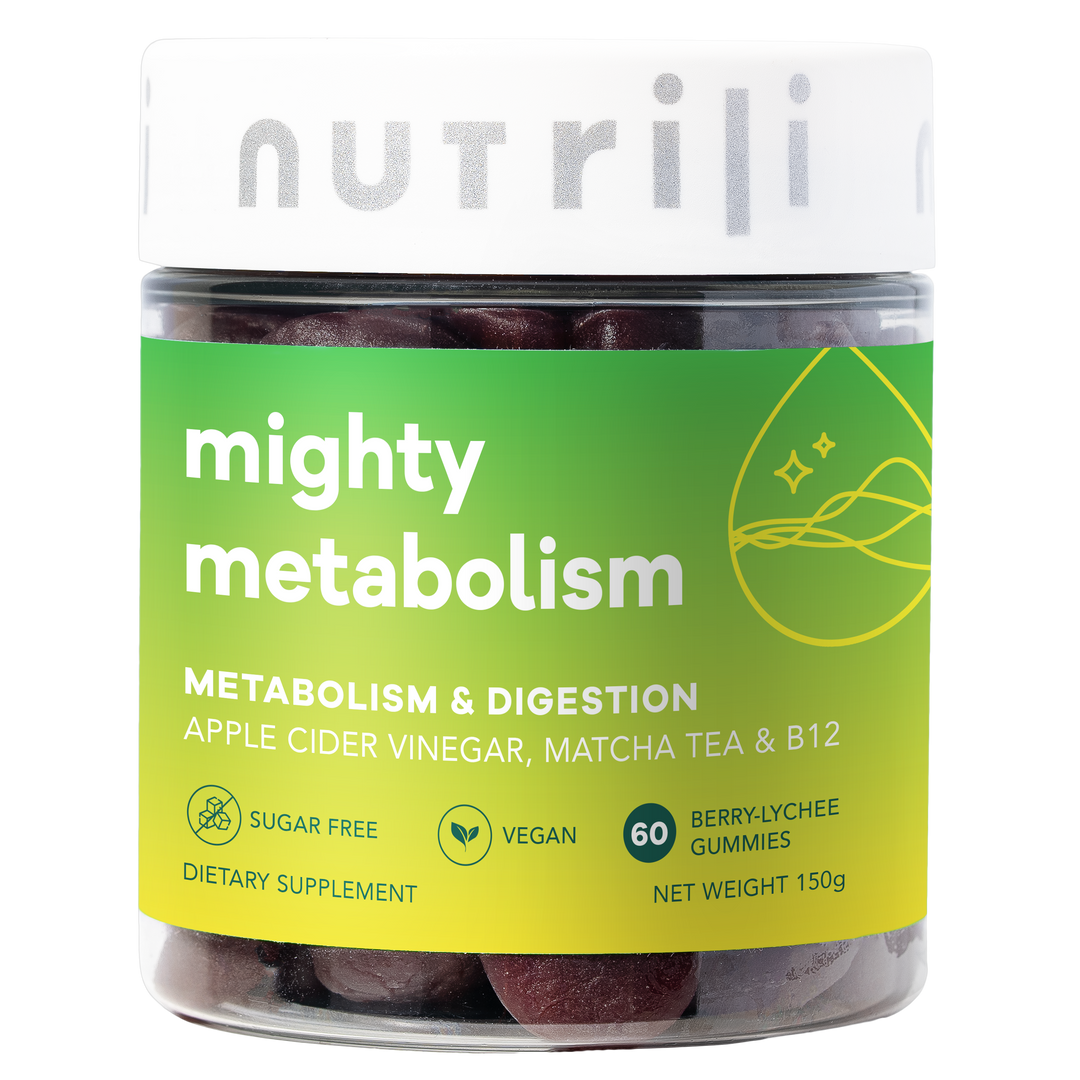
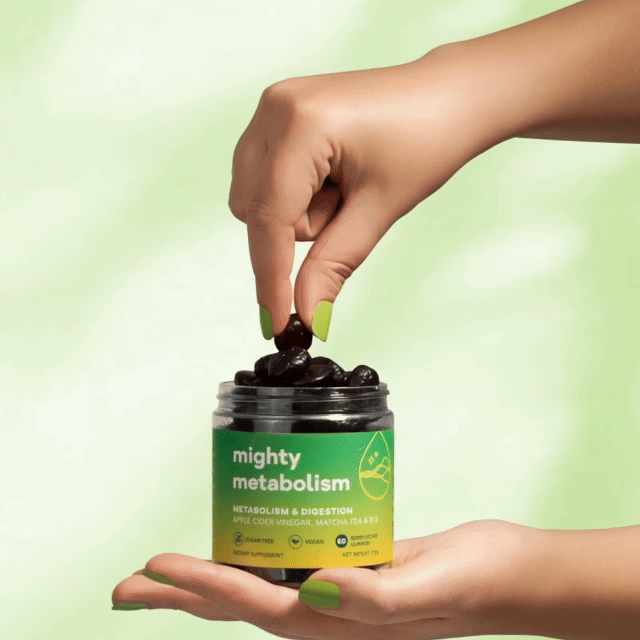
Leave a comment